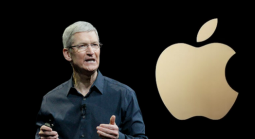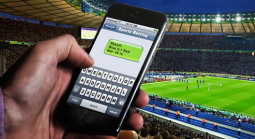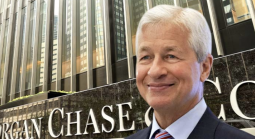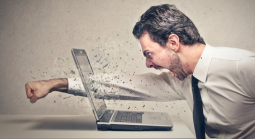Paddy Power Profits
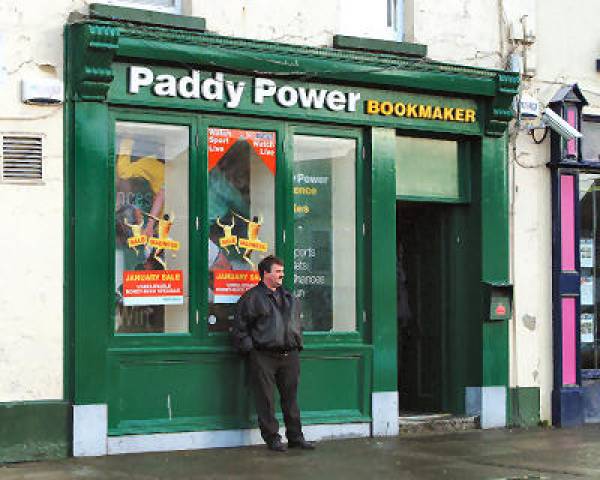
DUBLIN - (Reuters) - Irish bookmaker Paddy Power (PAP.I) said sports results so far this year had gone its way and Internet punters had spent more, making up for tough economic conditions in Ireland.
Ireland's largest bookmaker said on Tuesday the amount staked by online customers, excluding those in its recently acquired Australian business, grew by 19 percent and its total gross wins were up 32 percent in contrast to a run of adverse sports results last year.
Paddy Power's fast-growing online division accounted for two-thirds of its operating profit last year, and with profit so far modestly ahead of the company's expectations, Chief Executive Patrick Kennedy said he was comfortable with analysts' forecasts for 2010.
Six analysts surveyed by Thomson Reuters I/B/E/S predict a 20 percent rise in full-year earnings per share to 1.46 euros, a jump Kennedy attributed to growth in Australia and in the UK, where it has opened nine new shops this year.
"It's a story of two halves. Our Irish business is under some pressure, so where the growth is coming from is market share online and overall in the UK, and substantial growth in Australia," Kennedy told reporters on the sidelines of a shareholder meeting.
Shares in the company were up 0.3 percent at 26.07 euros by 1315 GMT.
"This morning's statement demonstrates Paddy Power's ability to continually deliver, and it remains one of the few online gaming operators to boast upgrades year to date," Goodbody Stockbrokers analyst Killian Murphy wrote in a note.
Paddy Power, which is set to enter the French market after its move into Australia last year, said it was hopeful a deal to provide betting technology and pricing for French horse racing operator Pari Mutuel Urbain (PMU) would go live before next month's soccer World Cup begins.
Kennedy added that he would not follow up on the $75 million sponsorship offer made to and rejected by Tiger Woods, the world's top golfer. Paddy Power made the offer after details of Woods's adulterous affairs surfaced last year, prompting some of his sponsors to cancel their contracts.









